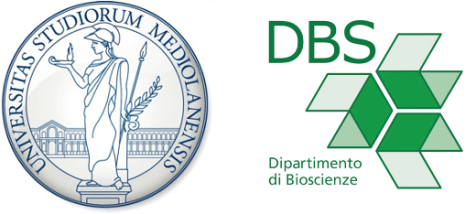The research activity of the Photolab group directed by Paolo Pesaresi is distributed on different lines of investigation, which can be traced back to the acquisition of new knowledge on the molecular mechanisms underlying biological processes in model species such as Arabidopsis thaliana and of agronomic interest such as barley and rice.
The focus is on the short- (seconds-minutes) and long-term (several hours) regulation of the light phase of photosynthesis and on the biogenesis of the chloroplast.
The research activity is characterized by a functional genomics approach, where genetics and mutants are used to define the contours of the biological process, molecular biology, biochemistry and biophysics to understand the molecular details of the biological mechanism, and plant physiology to define the importance of the biological process with respect to the entire life cycle of the plant.
The knowledge acquired in 25 years of research on model species is also transferred to species of agronomic interest such as barley and rice, through functional genomics strategies and the study of natural genetic variability and its interactions with the environment.
Attention has also been paid to the use of the technology available at Photolab for more applied research areas, aimed at fostering the interaction of basic research with the industry sector and facilitating the transfer of research products to the market. In this context, the Photolab group has been working for several years to identify alternative solutions with a lower environmental impact to traditional pesticides, through the use of peptide aptamers and the two-hybrid yeast technology.
FOR MORE DETAILS, PLEASE VISIT THE WEBSITES OF OUR PROJECTS:
